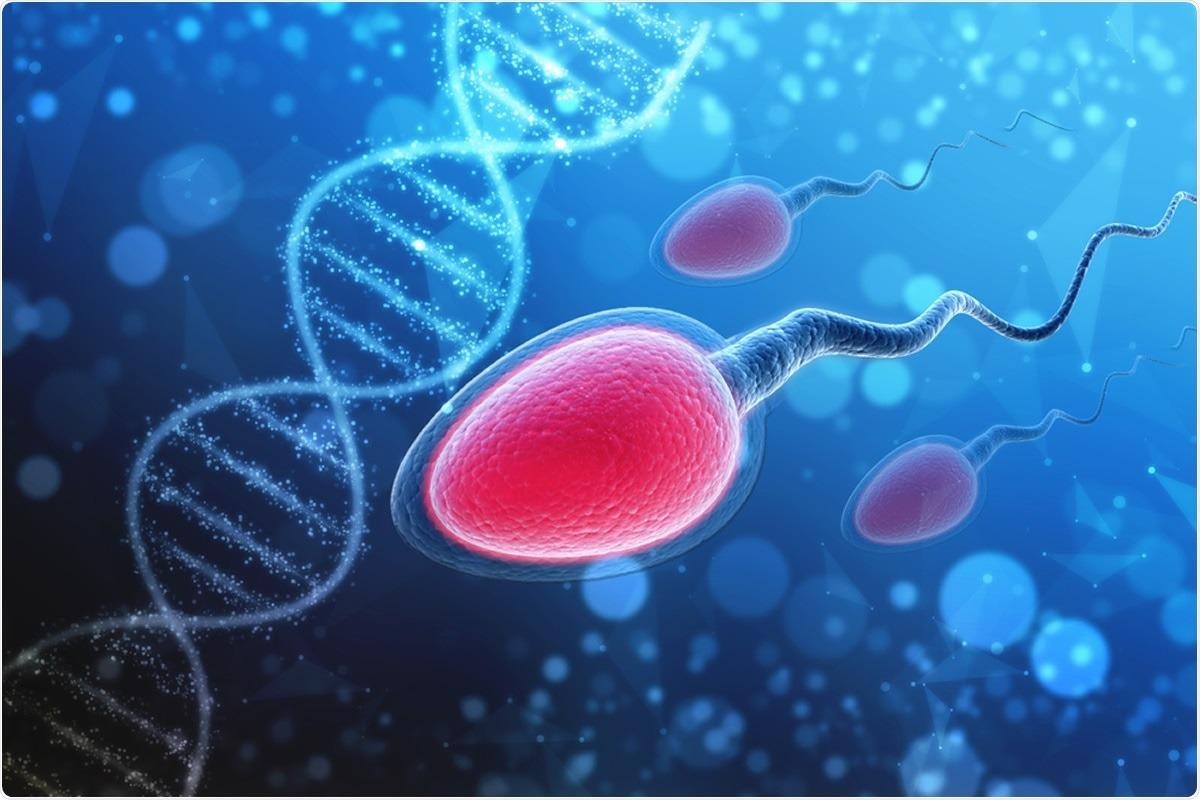Three studies, however, have shown that anti- syncytin-1 antibodies are not produced as a result of mRNA vaccination. Concerns about the COVID vaccine's potential effect on fertility have also been raised by reports of menstrual cycle irregularities after vaccinations. Although COVID-19 vaccination and fertility data are limited, they do not indicate an adverse association.
Due to concerns about potentially harmful effects on fertility, some reproductive-age people have been hesitant to get vaccinated against COVID-19.

Study: A prospective cohort study of COVID-19 vaccination, SARS-CoV-2 infection, and fertility. Image Credit: Blackboard / Shutterstock
About the study
Pregnancy Study Online (PRESTO) is an internet-based prospective preconception cohort study of couples in the United States and Canada. From December 2020 to September 2021, the researchers enrolled 2,126 self-identified females in the United States or Canada and monitored them until November 2021. Participants had to be female, between the ages of 21 and 45 and seeking to conceive without using reproductive therapy. Participants had to fill out a baseline questionnaire about their sociodemographics, lifestyles, reproductive and medical histories, and follow-up questions every 8 weeks for up to 12 months and additional surveys during pregnancy and postpartum.
Data from female and male baseline questionnaires as well as female follow-up and early pregnancy questionnaires regarding the COVID-19 vaccination status and vaccination brand and first and second dosage dates were recorded. The COVID-19 positive status of participants and their partners were also recorded.
On the baseline and follow-up questionnaires, the researchers gathered information about the menstrual cycle. Participants indicated how long they had been trying to conceive, the date of their last menstrual period (LMP), their average menstrual cycle length, and if their periods were regular at the start of the study. The number of cycles since the previous questionnaire, the LMP dates for each cycle, and the length of the most recent cycle on follow-up questionnaires were also noted. Participants also indicated if they were currently pregnant, had begun fertility treatment, or had experienced any pregnancy losses since their prior questionnaire. Those who became pregnant described how the pregnancy was discovered. Non-pregnant participants were asked if they were still attempting to get pregnant.
The researchers used proportional probabilities regression models to evaluate correlations between self-reported COVID-19 immunization and SARS-CoV-2 infection in both partners with fecundability, the per-cycle probability of conception, adjusting for potential confounders.
Results and conclusion
The results showed no significant link between COVID-19 immunization in either spouse and fecundity in this prospective cohort analysis of couples trying to conceive.
They also found that SARS-CoV-2 infection in male partners was linked to a short-term drop in fertility, which could be avoided by vaccination. The research found no adverse effects of female COVID-19 vaccination on fertility.
Vaccinated participants in this study attempted to conceive between 0 and 11 months after vaccination. As a result, the researchers cannot draw any conclusions concerning the long-term consequences of vaccination on fertility at this time.
Fever is known to cause impaired spermatogenesis and adverse effects on sperm motility, concentration, and morphology that can last up to 4 months.
Fever is also one of the most prevalent symptoms of SARS-CoV-2 infection; therefore, fever may explain the findings of a rapid reduction in fertility among men who have recently been infected with the virus. Although fever is a common adverse effect of immunization, it is far less common than infection.
The loss of fertility could also possibly be linked to immunological response and inflammation in the testes and epididymis, as seen in COVID-19 patients who were hospitalized.
Following SARS CoV-2 infection, males were thought to be more likely to have erectile dysfunction. However, the researchers could not evaluate this hypothesis due to a lack of data on COVID-19 symptoms or disease severity. Regardless, they found no evidence of a long-term link between SARS-CoV-2 infection and fecundity after 60 days.
In conclusion, the researchers discovered no link between COVID-19 immunization and fertility, as well as a short-term reduction in fertility after male partners' SARS-CoV-2 infection. These findings can be used to make informed COVID-19 vaccination decisions among reproductive-age people, especially those trying to conceive now or in the future.
"We found no adverse association between COVID-19 vaccination and fertility and a short-term decrease in fertility after male partner SARS-CoV-2 infection."
Journal reference:
- Amelia K Wesselink, Elizabeth E Hatch, Kenneth J Rothman, Tanran R Wang, Mary D Willis, Jennifer Yland, Holly M Crowe, Ruth J Geller, Sydney K Willis, Rebecca B Perkins, Annette K Regan, Jessica Levinson, Ellen M Mikkelsen, Lauren A Wise, A prospective cohort study of COVID-19 vaccination, SARS-CoV-2 infection, and fertility, American Journal of Epidemiology, 2022. DOI: https://doi.org/10.1093/aje/kwac011, https://academic.oup.com/aje/advance-article/doi/10.1093/aje/kwac011/6511811